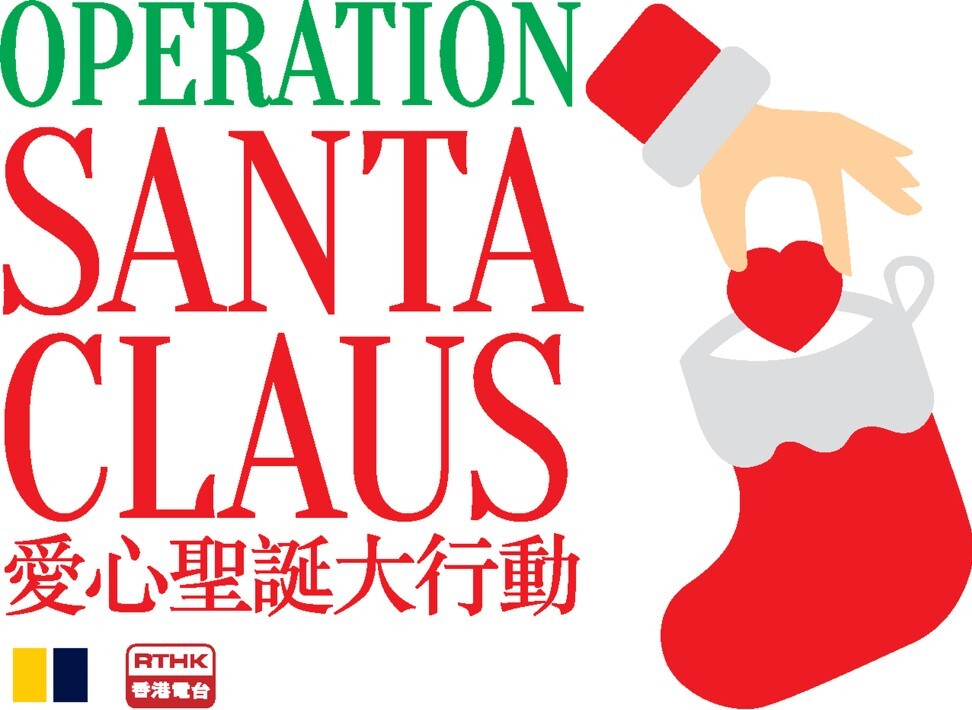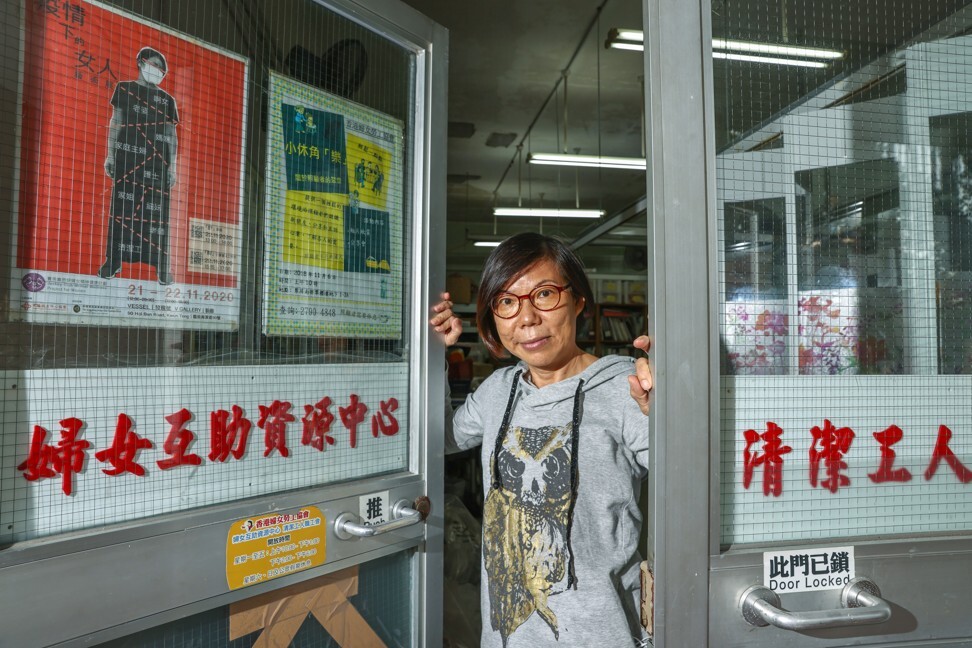
Hong Kong’s waste pickers deserve more respect and better conditions, women’s group says as it prepares drive to change public attitudes
- Hong Kong Women Workers’ Association says stigma and stereotypes are holding back the city’s waste pickers from having the working conditions they deserve
- Drive supported by Operation Santa Claus and launching next year aims to improve public perceptions and help workers achieve a better working environment
Waste pickers pushing metal carts as they scour the streets for scraps of cardboard is a familiar sight in Hong Kong, and long associated with desperation and poverty.
But one charity aims to end the stigmatisation and negative stereotypes surrounding the job, which is mostly performed by elderly women and involves collecting discarded packaging and other items to sell for recycling.
Such attitudes are denying workers the labour conditions and public respect they deserve, according to the Hong Kong Women Workers’ Association.
“There’s this feeling of powerlessness,” said Wu Mei-lin, executive director of the association, a non-profit organisation promoting the labour rights of women and cleaners.
“People may say you are poor so that’s why you’re scavenging, or you can only clean streets for a living because you are old. Or that being treated poorly is inevitable because you are a cleaner.”
A 70-year-old waste picker, who calls herself Ms Chik, said that after retiring this year as a street cleaner she continued to gather discarded newspapers – even though she did not rely on the income because her son could provide for her. She collects old newspapers from Tsui Ying Estate in Kwun Tong and sells them to recycling shops.
“I still collect newspapers because I’m free and [the shops and residents] have reserved them for me ... If I don’t do so, people will throw them away, which will be very wasteful,” she said.
The women workers’ association is striving to break the stereotypes with a new project to foster a mutual support network for elderly cleaners, waste pickers and the community.

Wu said waste picking was an occupation that was both disrespected and unrecognised, resulting in poor working conditions for workers.
“We want them to know that their job also contributes to society, that they are recycling unwanted materials and contributing to environmental sustainability for the community,” she said. “Then they may start to think about what they deserve.”
Apart from offering remedial interventions such as giving first aid, providing equipment and setting up a support hotline, Wu said they would also focus on long-term solutions to create a better environment for them.
“The public loves to have hygienic streets to walk in, but at the same time they complain that the cleaners are blocking the streets. We think we can collect opinions from the community and shops [for better cooperation],” she said.

There are about 2,900 mostly elderly waste pickers in Hong Kong, according to Waster Picker Platform research published in 2018. They collect an estimated 193 tonnes of cardboard and waste paper every day.
Many street cleaners employed under a government subcontract collect discarded materials during or after work for extra income. More middle-aged women also began scavenging full-time during the Covid-19 pandemic, according to Wu.
Some 100 elderly subcontracted cleaning workers and 50 waste pickers are set to benefit from the project.
The association will hold a community dialogue in Tsuen Wan’s Yeung Uk Road, home to the market which will be overhauled under the government’s market modernisation programme. The community’s suggestions for designing a better environment for the cleaners and waste pickers will then be presented to the government.
The women’s group will also focus on bringing the waste pickers together through small network peer groups and lunch gatherings, as well as educating them about services and policies related to waste collecting.

